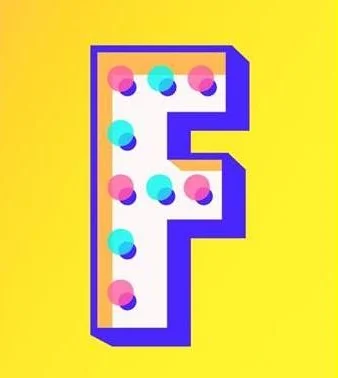Mark Rothko famously painted massive abstracts. And, to quote The Stage, as a Russian Jewish emigre to America in the early 1900s, he knew what it was to be a social outcast - going so far as to change his own name to hide his Jewish roots - so by painting on this scale, he engaged organically with his work, thereby acquiring a strong sense of belonging.
In the Lyric’s version of this play, written by John Logan (2009) and directed by Emma Jordan for Prime Cut Productions, we see actor Patrick O’Kane deliver a passionate, insular, serious and, it has to be said, mega-culturally intelligent Rothko. The play is set in 1958, during a period of the artist’s life in which he was commissioned - quite lucratively - to make art for the Four Seasons Restaurant in the Seagram Building in New York - and it bounces around ideas of commercialism in art and integrity in commercially produced art, as well as human perceptions of art, especially as it is framed around the arrival of the pop-art scene with Warhol et al coming to ‘take over’ Rothko’s art world.
Thomas Finnegan plays a blinder as the fiery artist’s nervous but smart assistant Ken - an aspiring artist himself, although we never get to see his work (such is the self-centeredness of Rothko) - and as the play goes on we learn of his traumatic life experiences, which match - if not surpass - his master’s traumatic early life as an immigrant.
Their relationship is a difficult one to say the least - peppered with explosive, visceral and at times cruel, outbursts - but there are some really cracking lines and poignant intellectual insights into life, art, self-awareness and the world at large, for both characters. This is definitely a play that I would like to sit down and read the script of; again and again.
SPOILER ALERT: There’s no real ‘happy ever after’ ending - unless you’re the anti-establishment artist type who champions the poor artist staying poor. But with creative integrity of course. [Insert winky emoji here] And I suppose Rothko, in his own way, encourages (read: chases) his assistant off to discover the world and deliver art which is meaningful - and that in itself shows that some kind of respect, and even affection, had grown while they worked together. As for the questions that the play raises around art itself - well, they always say art should be challenging, and this play certainly challenges the audience to think about how they view art. And this art form was as a fantastic cultural experience. Bravo!
My verdict 9/10

